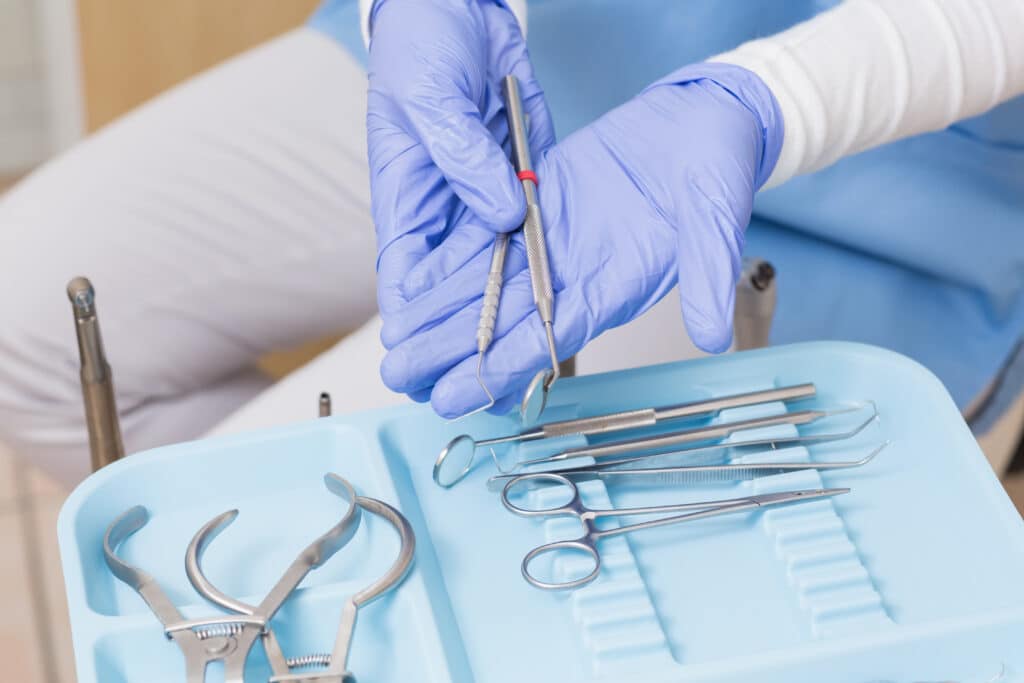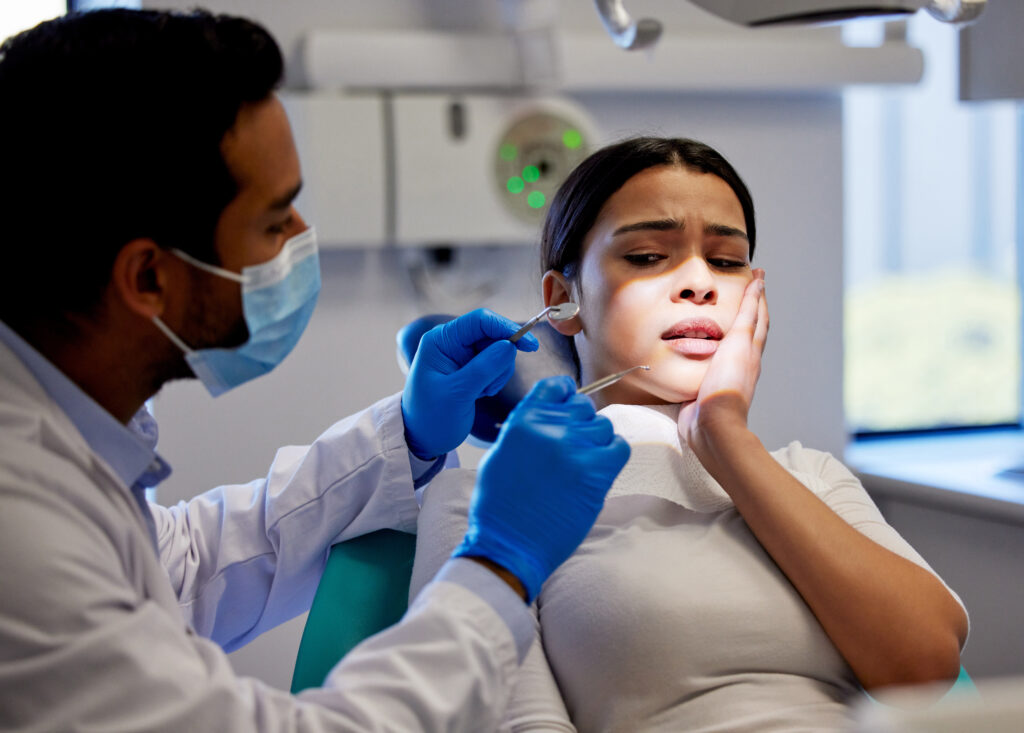While going to the dentist for regular checkups and cleanings is part of a good oral health routine, many people fear or have anxiety about going to the dentist’s office. This avoidance can often lead to damaged teeth, missing teeth, gum disease, and other potential health problems. It is important for individuals to cope with their anxiety and fear in order to overcome it.
Table of Contents
ToggleWhat Is Dental Anxiety Disorder? What Is Dental Phobia?
While dental anxiety and fear of the dentist are two mental health issues that could prevent an individual from attending their planned dental visits, they are actually different. Dental anxiety is the anxiety or stress associated with a dental setting and can often be triggered by needles, drills, or even just seeing dental offices or a hospital setting. As well, severe anxiety or post-traumatic stress disorder (PTSD) can lead to or increase your risk of developing dental anxiety.
Dental phobia causes people to be panic-stricken and terrified of the dentist. While they understand that it is an irrational fear, they still do everything within their power to avoid their dental appointment. This will mean canceling their dental visit or walking out while still in the waiting room. Often, they are only able to walk into the dental office and be treated when they are forced to do so. If you have severe dental anxiety, it can sometimes be categorized as a dental phobia.
What Causes Dental Phobia and Anxiety?

There are many different reasons and triggers for dental anxiety. Because dental fear can be caused by a number of different things and can vary from patient to patient, it’s important to talk to your healthcare professional concerning your anxieties. Some of the common dental fears include:
- Fear of the pain. Horror stories, bad experiences, and feelings of pain may all cause the patient to develop dental fear or anxiety that stems from the fear of pain. However, dental care has progressed in recent years to help alleviate anxiety and dental procedures are pain-free.
- Fear of needles. The fear of needles can often cause extreme fear, especially at the dentist when needles sometimes have to go in your mouth.
- Fear of anesthesia side effects. General anesthesia, also commonly referred to as laughing gas, is a common form of IV sedation used for many different health treatments. It has some common side effects: such as dizziness, feeling faint, or nausea.
- Feelings of helplessness and loss of control. Many people who deal with mental disorders like anxiety disorders do not like situations where they feel out of control. A dental clinic is where these anxious patients may feel it the most, especially with stressful dental treatments.
- Low self-esteem and loss of personal space. If you are self-conscious about your teeth or anxious about the lack of personal space, a visit to a dental practice may trigger negative feelings.
Signs and Symptoms
Here are a few symptoms that can occur in patients:
- sweating
- increased heart rate
- fainting
- visible signs of distress
- withdrawal
- using coping skills like humour to mask anxiety
Some anxious people will avoid their dental treatment regardless of whether it is a routine checkup or a lengthy dental procedure.
Managing Dentist Anxiety Levels
Dental anxiety can affect people of all ages. Learning how to manage stress or fear can improve your general health and can help you get healthy teeth. Here are just a few coping mechanisms that can be used to manage fears and get a fearful patient back in the dentist’s chair.
Most commonly, a dental hygienist or dentist may administer an oral sedative, conscious sedation, numbing gels, or local anaesthetics in the dental treatment room to manage patients and numb pain. At Onyx Dental our dentists are trained to administer nitrous sedation (laughing gas) and oral sedation (prescribed medication) depending on the needs of the patients and their level of anxiety, to help ensure that everyone has a comfortable experience.
Deep breathing and other relaxation exercises can successfully slow your heart rate and help with muscle relaxation even before you sit in the dental chair. Along with relaxation breathing and other relaxation techniques, you may find bringing distractions and the power of positive suggestions to be effective ways to release tension.
Like with many fears and phobias, exposure therapy is one of the main and most effective treatment options for those who fear dentists. Since this exposure happens in a controlled setting where you can work through your responses, many people are able to learn ways in which they can manage their fears while still going through with the procedure. Additionally, if the fear is quite intense, a psychotherapy treatment plan might be recommended.

Onyx Dental Erin Mills
For more comfortable dental experience explore sleep dentistry in Erin Mills, at Onyx Dental. Contact us at (905) 567-4999 and discuss your dental anxiety with our caring team. We’re here to make your dental appointments less stressful. Visit us at 2555 Erin Centre Blvd Unit 12, Mississauga, ON L5M 5H1 to learn how we can help.
</>



